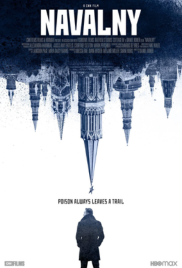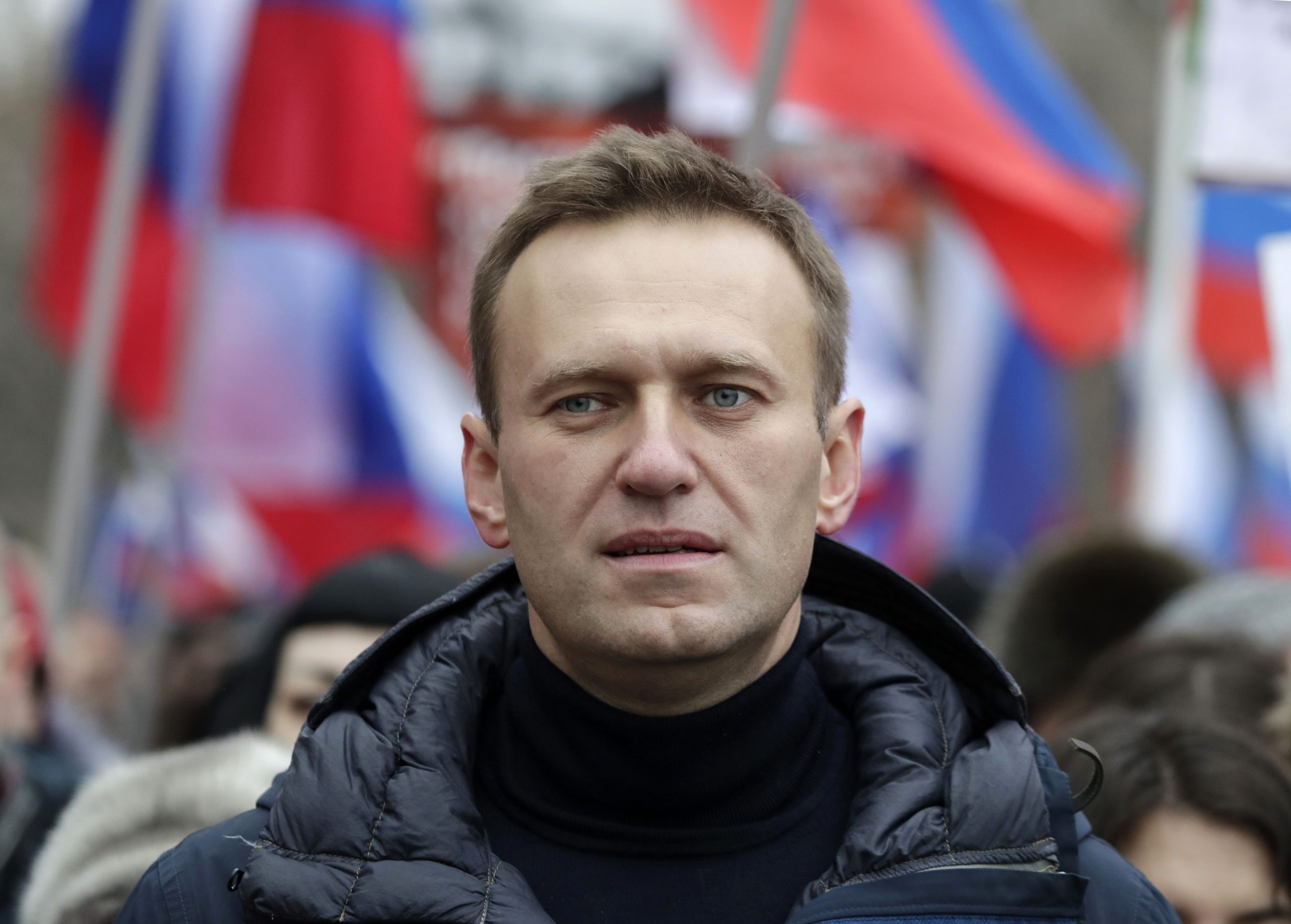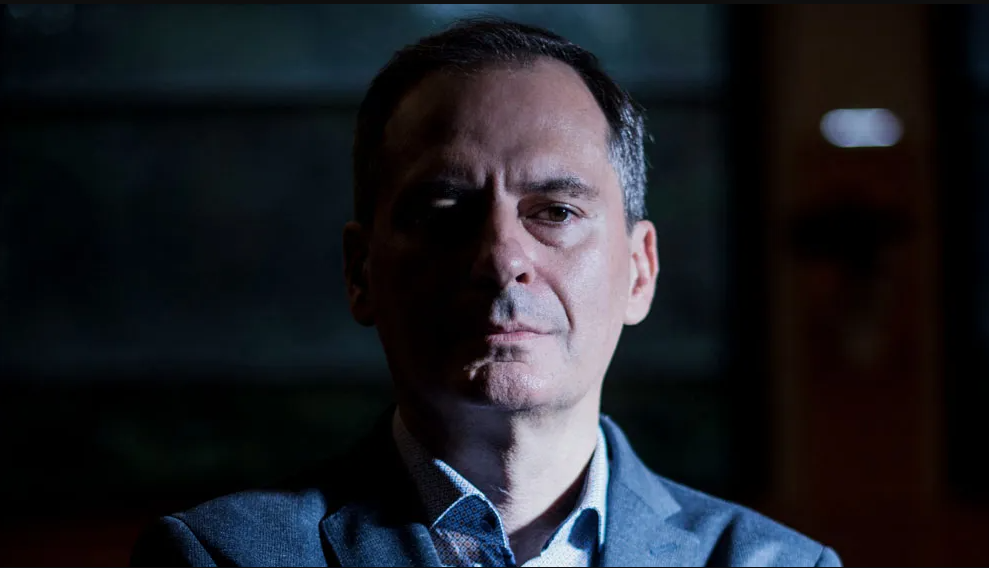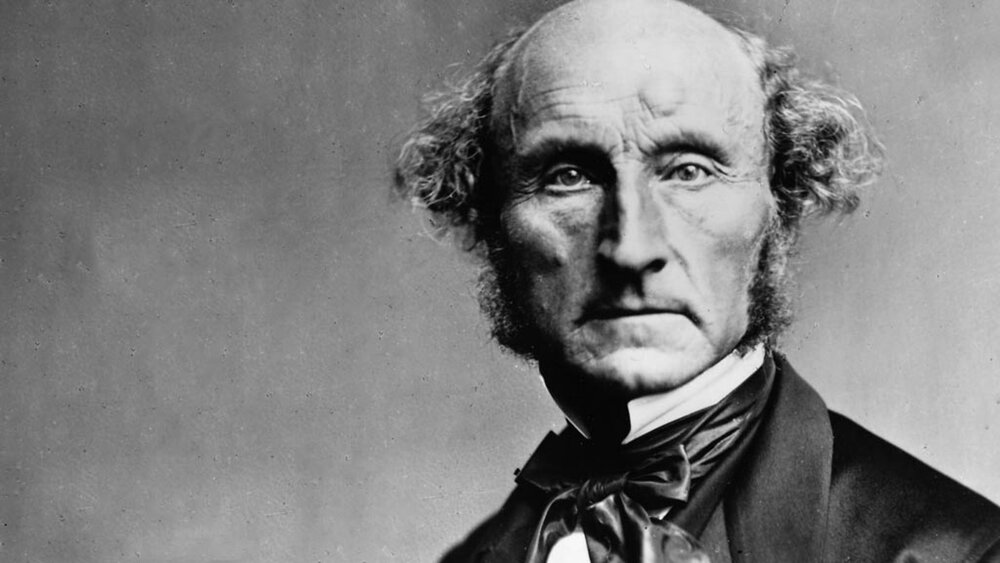Q: Who is responsible for the attempted poisoning and now the death of Alexei Navalny?
Suggested Response:
There is no one correct response. Any reasoned response should be respected. Here is a possible response. Because Putin is the absolute dictator of Russia, it was either Putin or someone in the Russian security services who wanted to please Putin.
Q: What is the advantage to Putin and the current Russian regime to have Navalny killed?
Suggested Response:
There is no one correct response. Any reasoned response should be respected.
Here is a possible response: Two reasons: first, it would suppress dissent by warning possible leaders of opponents to the Kremlin that if they became too successful, the regime would try to kill them; and second, it would remove a potential challenger to Putin’s power.
Q: Was the unsuccessful effort to poison Navalny in 2020 a failure from Putin’s standpoint?
Suggested Response:
There is no one correct response. Any reasoned response should be respected. Here are some possible responses. (1) no, even if it wasn’t successful, the effort to poison Navalny warned would-be leaders of any movement to reform Russia’s government that the Kremlin would try to kill them in a painful way; and (2) yes, it was obviously a failure because Putin had to try again, this time when Navalny was in a government penal colony and totally under his control.
Q: Why did Navalny return to Russia and likely life imprisonment or death?
Suggested Response:
The only people who know the correct response to this question are Navalny and perhaps those closest to him. Any reasoned response should be respected. Here is a possible response: Navalny in the film tells a CNN reporter that he was going to return to Russia because, “I don’t want these, you know, groups of killers, exist in Russia. I don’t want Putin president. I don’t want him being Tsar of Russia. I want to go back and try to change it.” (The problem with this statement is that Navalny going back to Russia would change nothing because, most likely, he’d just be imprisoned or poisoned again; Navalny’s response could have been that he wanted to demonstrate that he was not afraid of Putin and the state security apparatus; fear is a major weapon of a totalitarian state.) Another possible reason could have been that working for the freedom of Russia was more dear to Navalny than life itself.There also could have been strategic considerations. If Navalny had stayed in the West, the Russian security services would probably have tried to kill him again (as they tried to kill Skirpal and successfully killed others), and this time they might have succeeded in a way that could not be traced. Also, if Navalny went into exile it could have been said that he was abandoning his country. If Navalny returned to Russia and was not put in prison, it would demonstrate the impotence of Putin. If he was put into prison on his return to Russia, as occurred, then he would be a living martyr. If he had survived imprisonment, he would have had a chance of being released if Putin fell from power and was replaced by a democratic regime. Returning to Russia when he faced probable jail time and death gave power to Navalny’s message to his countrymen. The film shows a woman who was among the crowd waiting at the airport to greet Navalny on his return from Germany in 2021, saying, “Since Navalny decided to come back, we have to greet him because he is now the symbol of Russia’s freedom.”
Q: It is clear that to Alexei Navalny, freedom for Russia was more dear than life itself. Is there anything that is dearer to you than life itself? Is there anything that you would risk your life for, or suffer imprisonment for?
Suggested response:
There is no one correct answer to this question. Teachers can point out that for many Union soldiers in the Civil War, preservation of the Union and/or destroying the institutional sin of slavery, was more dear than life itself. For many soldiers in all wars, their country’s victory, or to resist being conquered (examples include: Ukraine, and the Allies in WW II) or, for soldiers in democratic countries, preservation of the democratic system of government against totalitarianism, is more dear than life itself.
Q: From the beginning of the Ukrainian War and after the first round of mobilization some 900,000 of Russia’s best and brightest people have emigrated or gone into exile. What advantage would it give to Putin for these talented people to leave the country?
Suggested Response:
There is no one correct response. Any reasoned response should be respected. Here is a possible response: It removed many people who might be inclined to oppose his rule and the war in Ukraine.
Q: In the film, after Navalny has been arrested and led away to jail, as Yulia Navalnaya is being processed by a Russian passport clerk, he says something interesting. What is it? Why is it interesting?
Suggested Response:
“Thank you – and your husband.” It is interesting because a low-level functionary of the Russian government, a Russian “man-in-the-street,” is willing to run the risk of expressing sympathy and support for Navalny.
Q: In clips shown in the film, how does Putin refer to Navalny and why does he do that?
Suggested Response:
Several ways, including, “the citizen mentioned …,” “the character you mentioned …,” and “that person in the Berlin clinic,” but never by name. The film shows Putin telling the world his reasons. At his news conference, Putin claims to be above Navalny and that Navalny has no standing to oppose the President of the Russian Federation. According to Putin, naming Navalny would validate Navalny as someone worthy of challenging Putin for the Presidency.
Q: One reviewer said that the film brought to his mind a line from Bertolt Brecht’s 1943 play “Life of Galileo”: “Unhappy the land that needs heroes.” There are two questions here: What does the quoted phrase mean and what relevance does the experience of Galileo Galilei have to the life of Alexi Navalny?
Suggested Response:
Societies that are not facing important challenges to their existence or their most important values, don’t need heroes. Only societies in deep crisis need heroes. The parallels and differences between the stories of Galileo and Navalny are that Galileo was placed under house arrest by the Inquisition for heresy and required to recant his findings that the Earth revolves around the sun. At that time Catholic orthodoxy held that the Earth was the center of the Universe, and the Church was trying to resist the rising tide of science. But the society of Medieval Europe needed to get beyond the natural philosophy of the ancients, exemplified by the ideas of Aristotle and Ptolemy, and transition to the Age of Discovery. Some of Galileo’s contemporaries were imprisoned or even burned at the stake for their heretical ideas about science and nature, ideas that later turned out to be correct. To save himself from that fate, Galileo, unlike Navalny, appeared to knuckle under the demands of the Inquisition to some extent and was given house arrest instead of death. To the extent that Galileo caved in to the Inquisition’s demand that he renounce his discoveries, he did not act heroically. Navalny, however, did.
Q: In August 2023, Navalny, already in prison, was sentenced to a 19-year prison term after a secret trial. Navalny wrote that the number of years in the sentence doesn’t matter to him and that, anyway, like other political prisoners, he was under a life sentence. In this statement about his life sentence, he was referring to more than his own life as the possible length of his sentence. What other life was he referring to?
Suggested Response:
It was the life of the regime. If Putin was overthrown by democratic forces, Navalny would be released if he survived. Navalny said, “I understand very well that, like many political prisoners, I am serving a life sentence, where life is measured by the duration of my life or the life of this regime.”
Q: Navalny said that the number of years on his sentence was a message for someone other than for him. Who was it for? What was it for?
Suggested Response:
The sentence was not for Navalny but for all other Russians, to intimidate them. Navalny said it, “The number from verdict is not for me. It is for you.”
Q: What is Moscow4?
Suggested Response:
It is a story exemplifying the stupidity of the Russian bureaucracy. The top member of the Russian intelligence service used the password, “Moscow1.” When his account was hacked, he changed the password to “Moscow2.” When that account was hacked he changed his password to “Moscow3.” See a clip of the scene from the film in which Navalny explains this.








